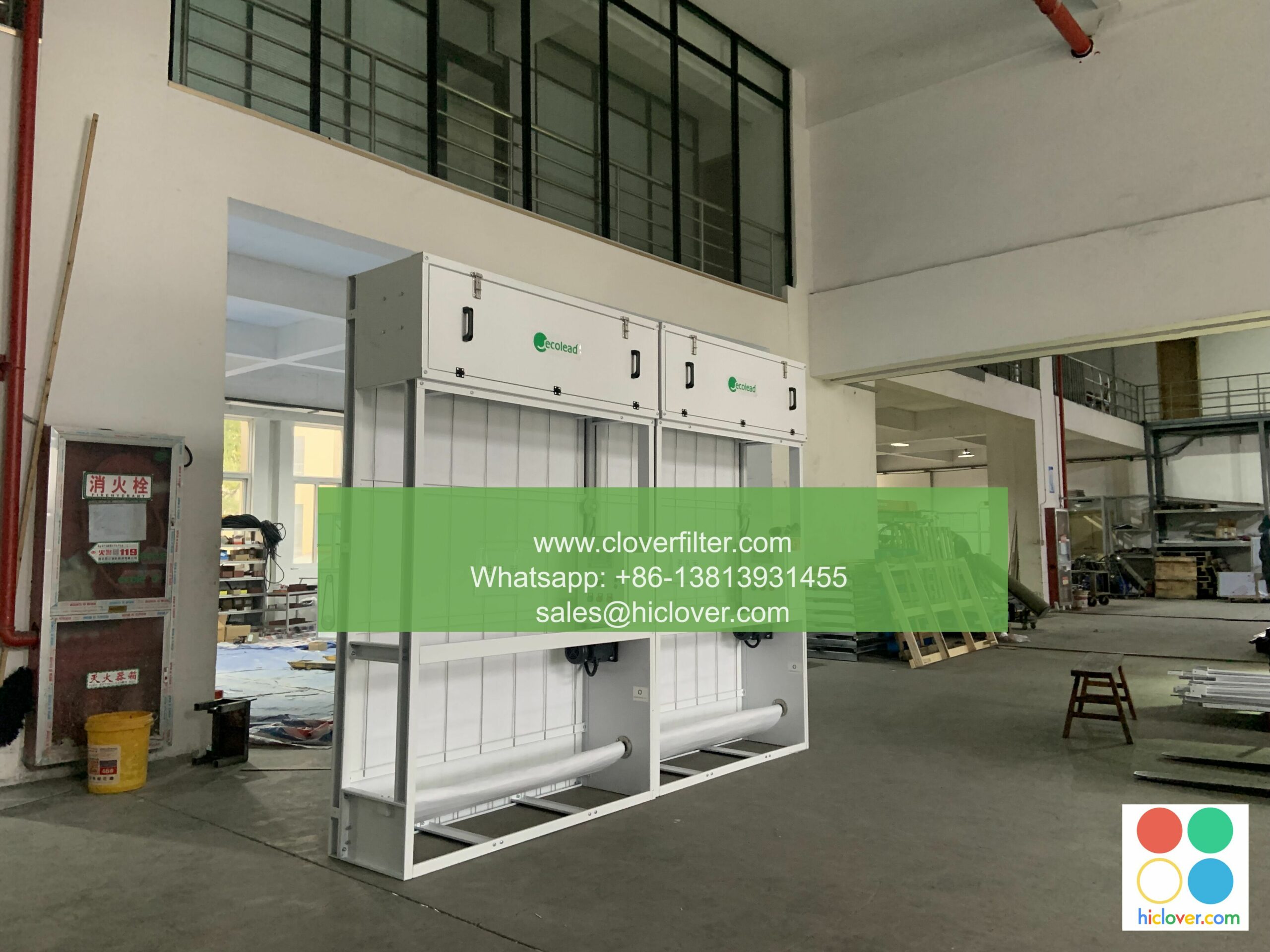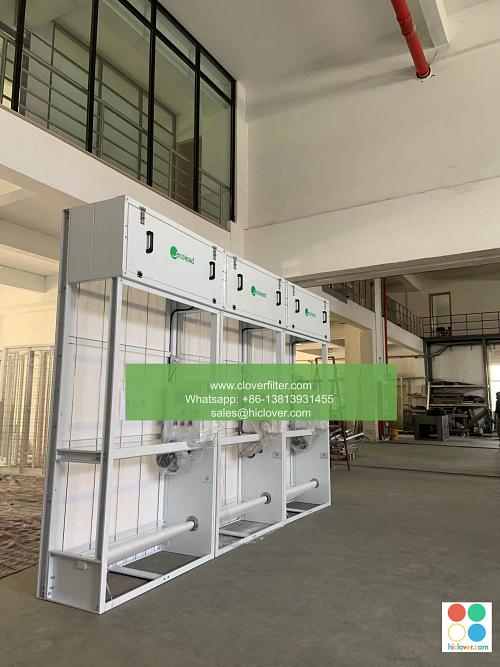The Role of Automatic Roll Air Filters in Maintaining Air Quality in Alberta’s Oil and Gas Industry

Alberta’s oil and gas industry is a significant contributor to the province’s economy, but it also poses environmental challenges, particularly when it comes to air quality. The industry’s operations, such as drilling, extraction, and processing, release various pollutants into the air, including particulate matter, nitrogen oxides, and volatile organic compounds. To mitigate these effects and maintain air quality, the use of automatic roll air filters has become increasingly important.
Automatic roll air filters are designed to capture pollutants and contaminants from the air, preventing them from being released into the atmosphere. These filters are typically installed in ventilation systems, HVAC units, and other air handling equipment used in oil and gas facilities. They work by drawing in air, passing it through a filter medium, and then releasing the cleaned air back into the environment. The filter medium is usually made of a pleated or folded material that is designed to capture particles as small as 0.3 microns.
The role of automatic roll air filters in maintaining air quality in Alberta’s oil and gas industry is multifaceted. Firstly, they help to reduce the amount of particulate matter released into the air, which can cause respiratory problems and other health issues. Secondly, they capture gases and vapors, such as nitrogen oxides and volatile organic compounds, which can contribute to smog and ground-level ozone formation. Finally, they help to prevent the spread of odors and other airborne contaminants that can be a nuisance to nearby communities.
In addition to their environmental benefits, automatic roll air filters also offer several operational advantages. They are relatively low maintenance, as they can be easily replaced or cleaned, and they do not require frequent inspections or monitoring. They are also designed to be energy efficient, which can help to reduce the overall energy consumption of oil and gas facilities. Furthermore, they can help to extend the life of equipment and machinery by preventing damage from airborne contaminants.
Several factors contribute to the effectiveness of automatic roll air filters in maintaining air quality in Alberta’s oil and gas industry. The type and quality of the filter medium used are critical, as they determine the filter’s ability to capture pollutants and contaminants. The airflow rate and velocity through the filter are also important, as they affect the filter’s efficiency and ability to capture particles. Regular maintenance and replacement of the filters are also essential to ensure optimal performance.
Regulatory frameworks and industry standards also play a crucial role in promoting the use of automatic roll air filters in Alberta’s oil and gas industry. The province’s environmental regulations, such as the Environmental Protection and Enhancement Act, set standards for air quality and emissions from industrial sources. The Canadian Association of Petroleum Producers (CAPP) and other industry organizations also provide guidelines and best practices for air quality management, including the use of automatic roll air filters.
In conclusion, automatic roll air filters play a vital role in maintaining air quality in Alberta’s oil and gas industry. By capturing pollutants and contaminants from the air, they help to reduce the environmental impacts of industry operations and protect public health. Their operational advantages, including low maintenance and energy efficiency, make them a practical solution for oil and gas facilities. As the industry continues to evolve and grow, the use of automatic roll air filters will remain an essential component of air quality management strategies.
Frequently Asked Questions
- What are automatic roll air filters, and how do they work? Automatic roll air filters are designed to capture pollutants and contaminants from the air by drawing in air, passing it through a filter medium, and then releasing the cleaned air back into the environment.
- What types of pollutants can automatic roll air filters capture? Automatic roll air filters can capture particulate matter, gases, and vapors, including nitrogen oxides and volatile organic compounds, as well as odors and other airborne contaminants.
- What are the benefits of using automatic roll air filters in oil and gas facilities? The benefits of using automatic roll air filters include reduced environmental impacts, improved public health, low maintenance, energy efficiency, and extended equipment life.
- How often should automatic roll air filters be replaced or cleaned? The frequency of replacement or cleaning depends on the type of filter, airflow rate, and operating conditions, but regular maintenance is essential to ensure optimal performance.
- Are there any regulatory requirements for the use of automatic roll air filters in Alberta’s oil and gas industry? Yes, the province’s environmental regulations and industry standards, such as those set by CAPP, promote the use of automatic roll air filters as part of air quality management strategies.

